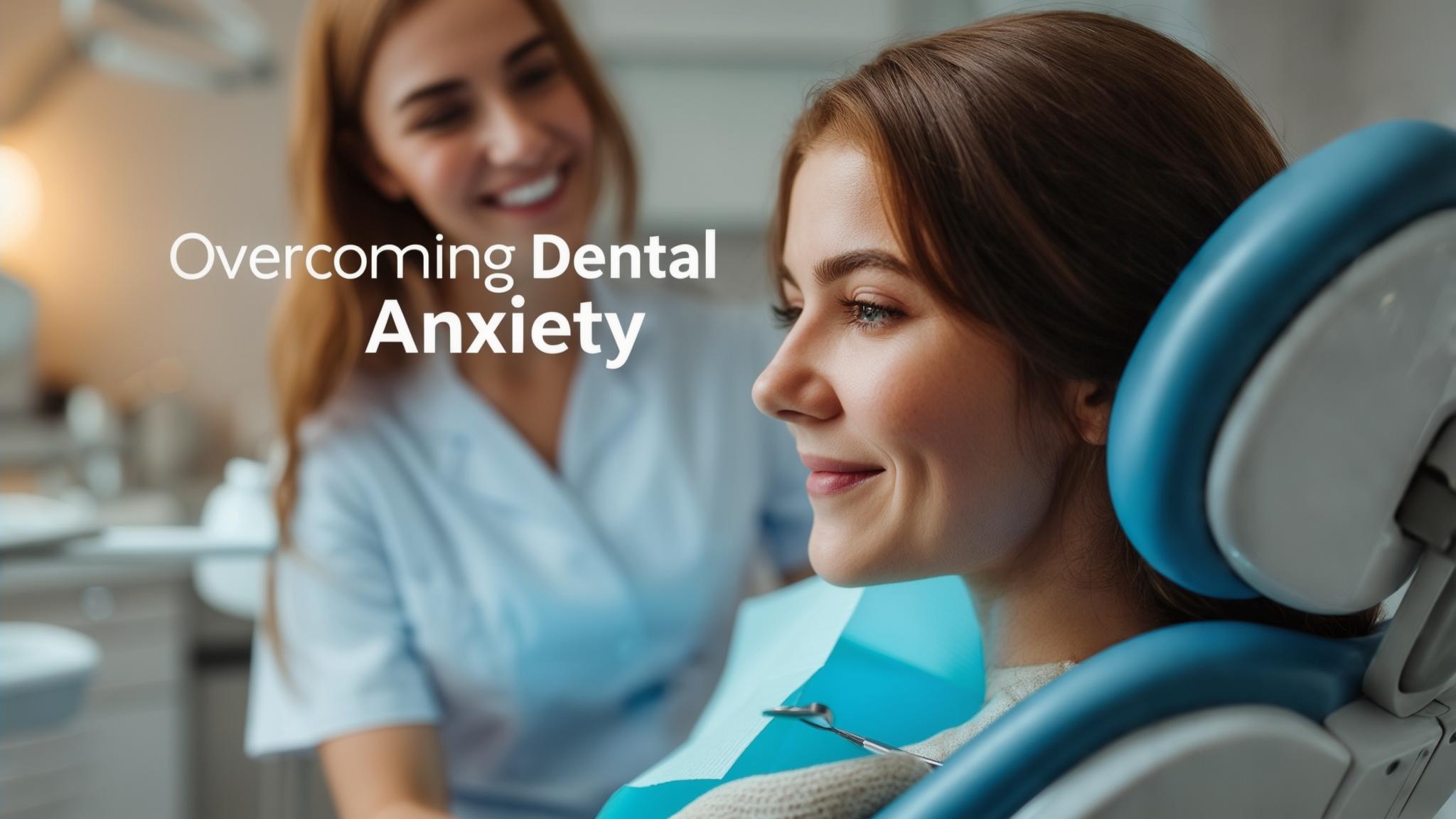Understanding Dental Anxiety
Dental anxiety is a common form of anxiety characterized by fear or stress related to visiting the dentist. Symptoms can range from mild unease to intense fear and panic. Many people experience this due to a fear of pain, negative past experiences, or simply the fear of the unknown. In fact, studies show that dental anxiety affects approximately 9-20% of Americans, impacting their willingness to seek regular dental care. This avoidance can lead to deteriorating oral health, making it crucial to address this anxiety.
The Importance of Dental Check-Ups
Regular dental check-ups are essential for maintaining good oral health. During a check-up, a dentist will examine your teeth, gums, and mouth for any signs of trouble. This routine visit is vital for preventing cavities, identifying early signs of gum disease, and catching other oral health issues before they become serious. Dental professionals are trained to make these visits as comfortable as possible and can help alleviate concerns by explaining procedures and answering questions.
Recognizing Personal Triggers
Identifying what specifically triggers your dental anxiety is the first step in managing it. Common triggers include the sound of dental equipment, the antiseptic smell of the clinic, or the feeling of helplessness while sitting in the dental chair. By acknowledging these triggers, you can begin to address them directly and reduce their impact on your anxiety levels.
Effective Strategies for Calming Nerves
Before the Appointment
-
Educate Yourself: Knowledge is power. Understanding what to expect during a dental visit can demystify the process and reduce fear. Familiarize yourself with common procedures and terminology.
-
Practice Relaxation Techniques: Techniques such as deep breathing exercises, progressive muscle relaxation, and visualization can help calm your nerves. Imagine a peaceful place or focus on your breathing to ease anxiety.
-
Communicate with Your Dentist: Don’t hesitate to share your fears with your dentist. Establishing a signal for breaks can give you a sense of control during the appointment.
-
Plan Ahead: Schedule your visit at a time when you are usually more relaxed. Bringing a friend or family member for support can also be comforting.
During the Appointment
-
Use Distraction Techniques: Listening to music or podcasts through headphones can help distract you from the procedure.
-
Practice Mindfulness: Stay present by focusing on your body’s sensations. Grounding techniques can help keep anxiety at bay.
-
Utilize Comfort Items: Bring a stress ball, fidget spinner, or wear comfortable clothing to make the experience more pleasant.
After the Appointment
-
Reflect on the Experience: Take some time to journal about the visit. Acknowledging what went well can help reduce anxiety for future appointments.
-
Reward Yourself: Plan a small treat or activity as a reward for facing your fears. Positive reinforcement can encourage you to maintain regular dental visits.
Conclusion
Managing dental anxiety is possible with the right strategies and support. By understanding your triggers and employing calming techniques, you can make dental visits a more positive experience. If your anxiety is severe, consider seeking professional help. Remember, prioritizing your oral health is essential, and overcoming anxiety is a significant step towards achieving that goal.
Call to Action
Don’t let anxiety keep you from maintaining your oral health. Schedule your next dental check-up today, and explore more resources on managing dental anxiety to ensure a stress-free visit.

